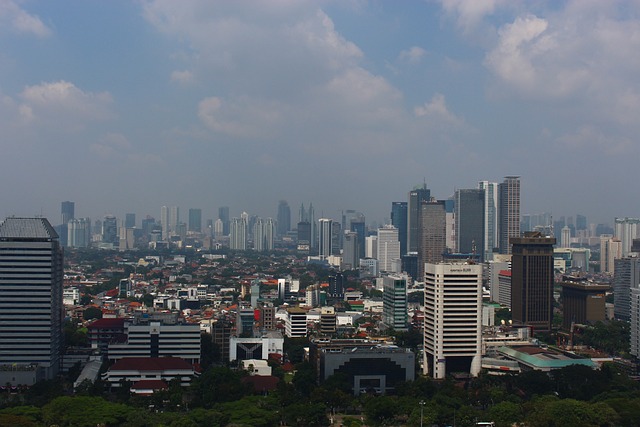- The Regional Comprehensive Economic Partnership agreement entered into force in Indonesia, paving the way for its private sector exporters and importers to enjoy preferential trade tariffs from its peers
- Indonesian trade minister expects the RCEP deal to increase the country’s competitiveness and boost the global production network
- The Philippines and Myanmar are the only holdouts among the 10 ASEAN members and five other original signatories to the trade accord
The Regional Comprehensive Economic Partnership (RCEP) Agreement has come into effect in Indonesia, enabling the country’s private sector exporters and importers to avail themselves of preferential tariffs in trade with other signatory countries to the pact.
Additionally, the private sector can take advantage of the simplified rules of origin and trade facilitation in their business activities involving Indonesia, a press release from the Association of Southeast Asian Nations, an ASEAN press release said.
Indonesian Minister of Trade Zulkifli Hasan said that the RCEP Agreement is expected to increase competitiveness and strengthen the global production network, promote regional supply chain through better market access for exports of goods and services, reduce or eliminate trade barriers, and enhance transfer of technology.
Satvinder Singh, deputy secretary-general for the ASEAN Economic Community, hailed the entry into force of the RCEP Agreement in Indonesia on January 2, saying it “is timely to mark the beginning of Indonesia’s ASEAN chairmanship in 2023.”
“Indonesia has been the driving force in RCEP since the conceptualization phase, and we hope more milestones, such as the establishment of the RCEP Support Unit, can be achieved during Indonesia’s ASEAN chairmanship this year,” Singh said.
Indonesia is the largest economy in ASEAN and the fifth largest among the RCEP parties. Its economy grew 3.7% in 2021 to US$1.186 trillion, making up 4% of the combined GDP of RCEP economies. The World Bank forecast Indonesia’s economy would grow 5.2% in 2022 and 4.8% in 2023.
The accord’s entry into force in Indonesia brings the full implementation of the RCEP Agreement one step closer to making ASEAN the hub of production networks within the region.
Only the Philippines and Myanmar are the ASEAN countries that have yet to finalize their participation in RCEP.
The Philippines was one of the 15 original signatories of the RCEP Agreement on November 15, 2020, the rest being the other ASEAN member states, Australia, China, Japan, Korea, and New Zealand. But the Philippine Senate still has to ratify the agreement.
In August last year, the Department of Trade and Industry said the Philippines could finally formally join the RCEP agreement by early this year.
Trade Undersecretary Ceferino S. Rodolfo told media at an export congress in Pasay City that the DTI was hoping the Senate will approve the country’s joining the RCEP by this quarter.
The agreement took effect on January 1 last year in Brunei Darussalam, Cambodia, Lao PDR, Singapore, Thailand, Vietnam, Australia, China, Japan, and New Zealand, followed by Korea on February 1 and Malaysia on March 18, 2022.
“We have been in constant coordination with the senators with respect to the RCEP and other free trade agreements (FTAs) that we are negotiating… Given the importance of the RCEP and the urgency, we remain optimistic that this will be considered positively by the Senate. Hopefully first quarter of next year,” Rodolfo said.
He said the RCEP paperwork is now with the Senate Committee on Foreign Relations following the transmission of the instrument of ratification from President Ferdinand R. Marcos Jr.
The previous Congress failed to ratify the agreement as some senators raised concerns about the lack of safeguards for the agriculture sector, despite former President Rodrigo R. Duterte approving the RCEP in September 2021.
RELATED READ:
RCEP role in ASEAN post-pandemic revival seen
RCEP to strengthen intra-Asia trade, supply chain network









